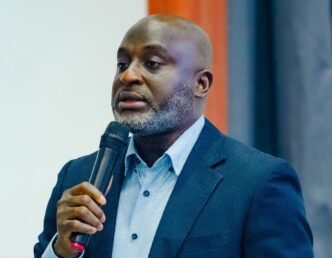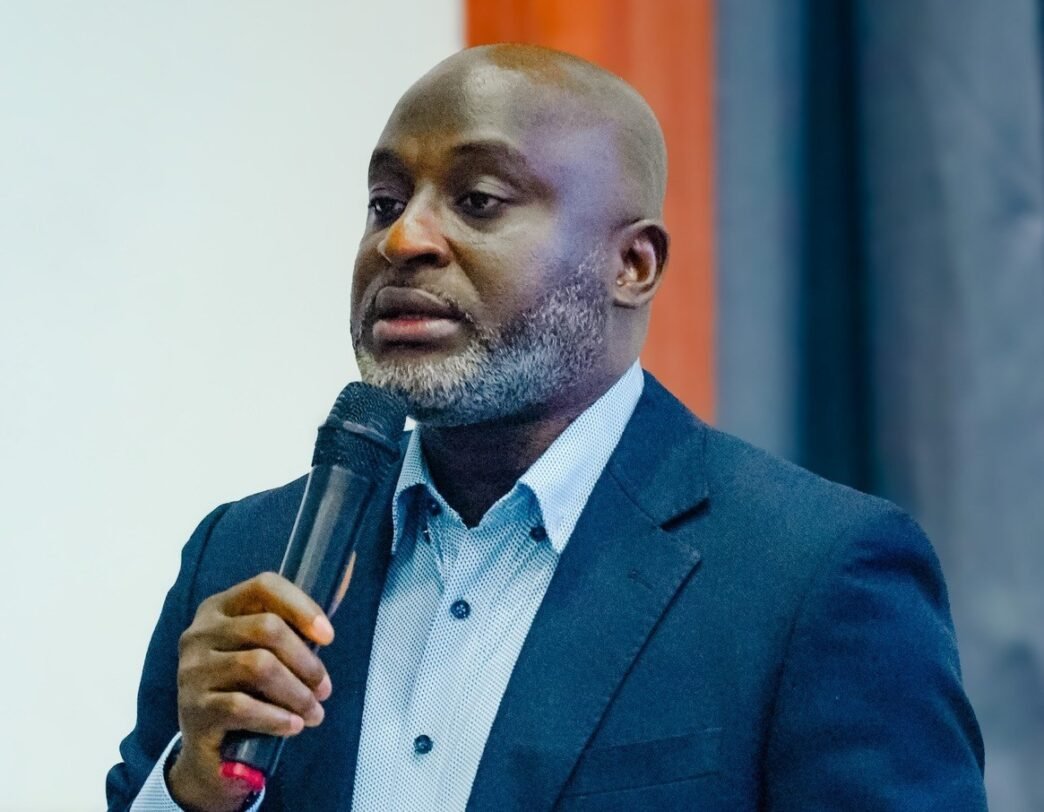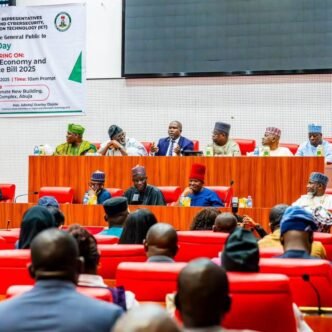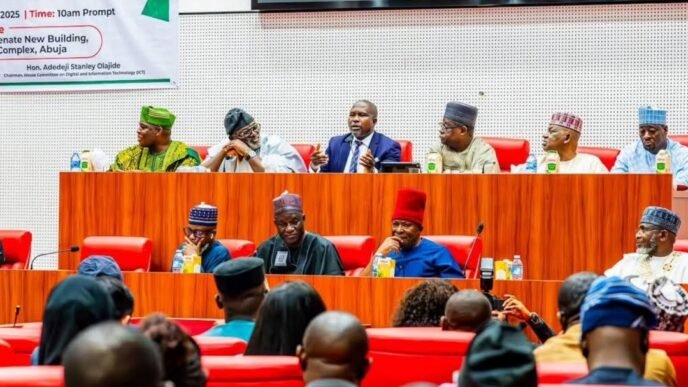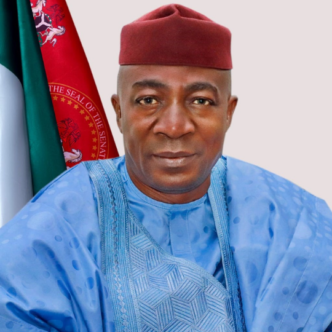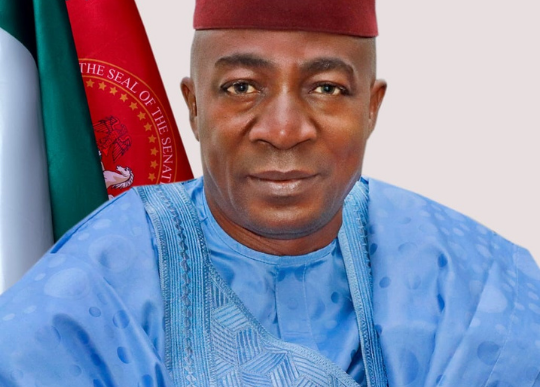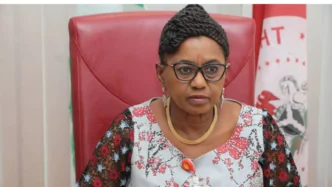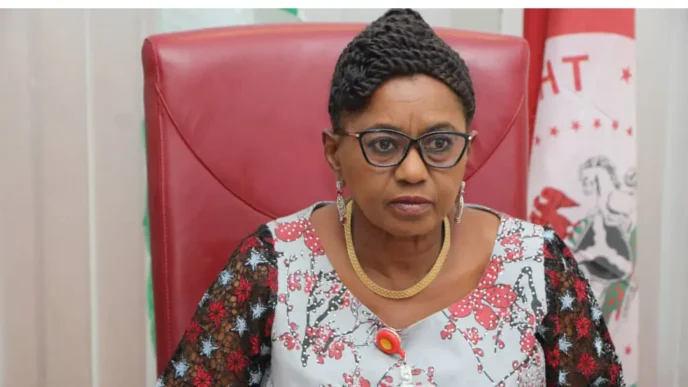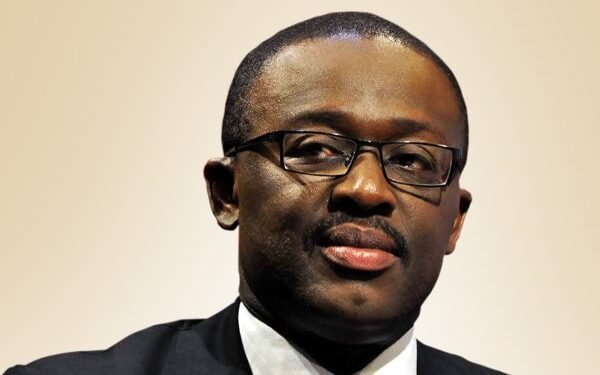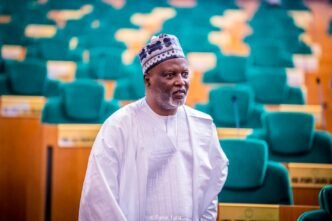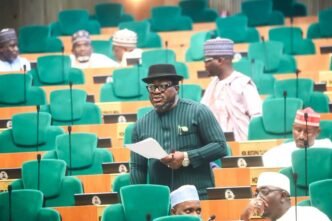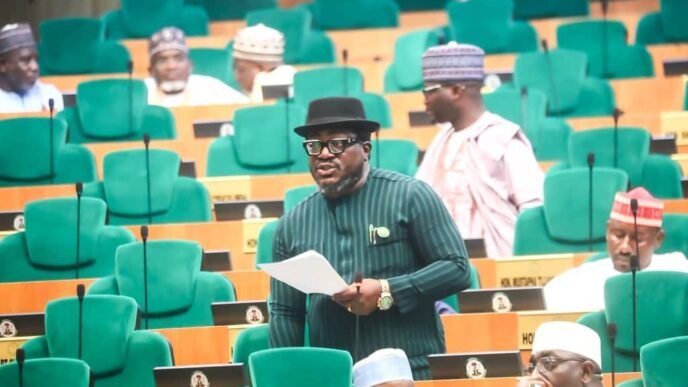Monday, November 10, 2025 | The House of Representatives has directed the Federal Ministry of Health and Social Welfare and the Country Coordinating Mechanism (CCM), Nigeria’s national coordination platform for Global Fund grants, to ensure that all principal recipients and implementing partners submit their implementation plans to the National Assembly for approval before any funds are released.
This directive was issued at an investigative hearing by the House Committee on Infectious Diseases, chaired by Hon. Amobi Godwin Ogah, to investigate grants totaling over $4.6 billion received from the Global Fund and USAID between 2021 and 2025 for combating HIV/AIDS, Tuberculosis, and Malaria, and for strengthening national health systems.
Rep. Ogah stated that the Committee would work closely with the Economic and Financial Crimes Commission (EFCC), and the Independent Corrupt Practices and Other Related Offences Commission (ICPC) to ensure that all implementing entities account for every fund received.
“This is even more critical when you consider global concerns that, in some cases, poorly monitored donor funds have been exploited for illicit activities,” he said.
He reaffirmed the Committee’s resolve to end unapproved or unaccountable spending, describing the lack of verifiable addresses for some implementing partners as unacceptable.
“Nigeria must assert ownership over donor-funded programmes. Any grant or assistance that excludes domestic participation or accountability mechanisms is no longer acceptable,” he declared. “We must demonstrate capacity to manage our health interventions effectively and gradually reduce overdependence on external grants,” the lawmaker added.
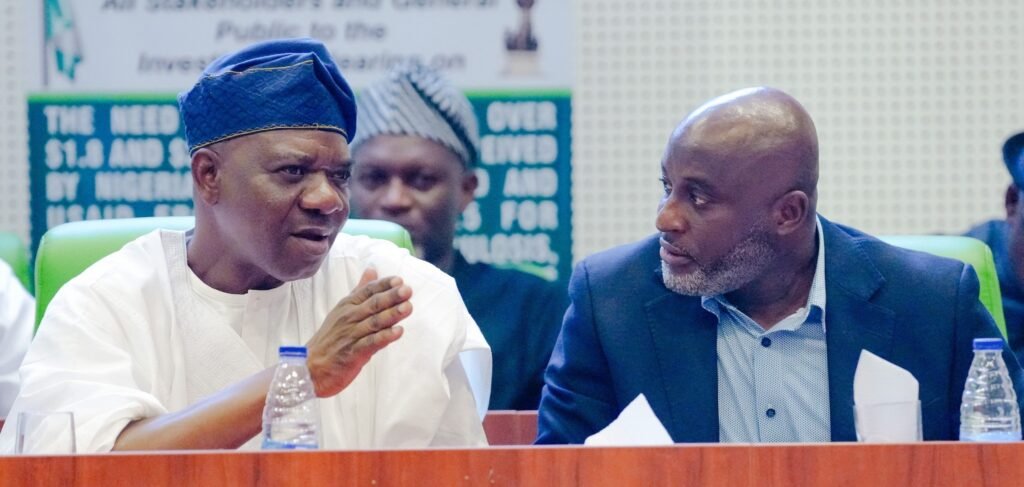
Declaring the session open, Speaker of the House of Representatives, Rt. Hon. Abbas Tajudeen, PhD, GCON, represented by the Deputy Chief Whip, Rt. Hon. Ibrahim Ayokunle Isiaka, said the investigation demonstrates Parliament’s determination to entrench transparency and evidence-based oversight in public health financing.
He noted that the outcome of the hearing would strengthen accountability frameworks and governance in the health sector.
In his remarks, the Coordinating Minister of Health and Social Welfare, Dr. Muhammad Ali Pate, welcomed the probe as a step toward transparency, accountability, and greater domestic ownership. He observed that while donor assistance has saved millions of lives, Nigeria’s health spending remains below the 15 percent Abuja Declaration target, warning that reliance on external funding is unsustainable.
The proposal to amend the NACA Act to expand its mandate and rename it the National Agency for the Control of AIDS, Tuberculosis, and Malaria (NACATAM), to strengthen a unified national response to infectious diseases, was also highlighted at the Hearing.
The Committee commended the House Leadership for its continued support and reiterated its commitment to ensuring that no Nigerian child dies before age five from preventable diseases, aligning national health targets with the Sustainable Development Goals (SDGs).
This exercise reflects the 10th Assembly’s unwavering commitment to fiscal responsibility, public accountability, and efficient governance in the health sector.
